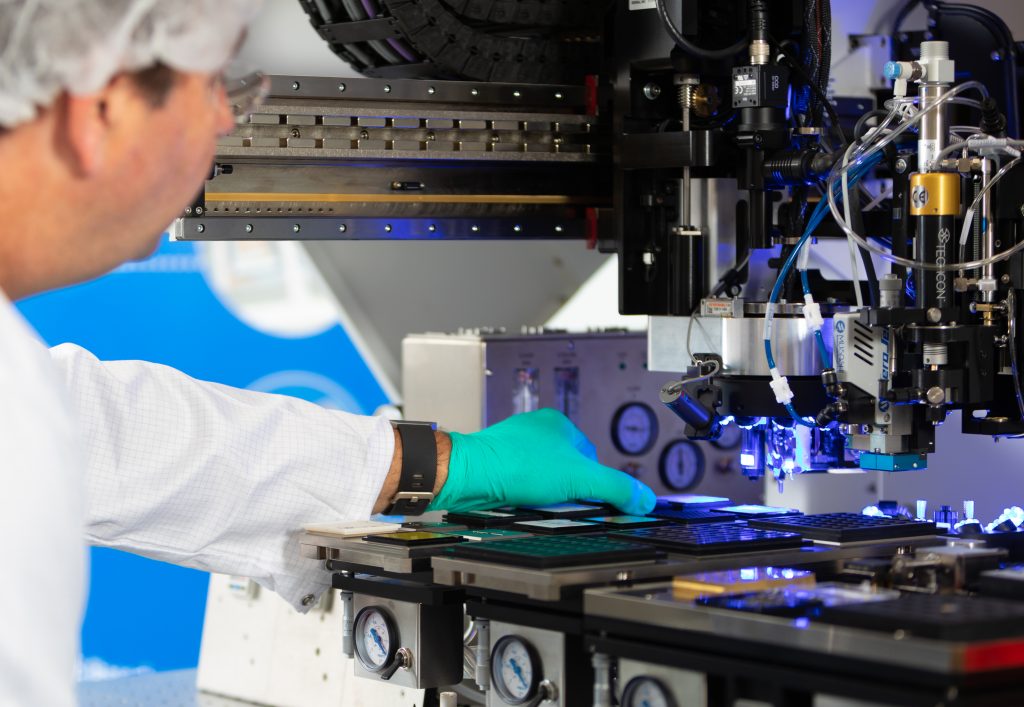“Productivity isn’t everything, but in the long run it is almost everything,” said Paul Krugman, the Nobel Prize-winning economist, in 1994. Productivity – the amount the average worker produces in an hour – has stopped rising in the UK since the start of the financial crisis. UK output per hour is now approximately equal to 2007 levels and is nearly 20% below the G7 average. It takes a German or French worker four days to make what takes us a week and business investment into plant and equipment relative to GDP is less than any G7 or EU country (9.6% in 2016).
Directly linked to the gap in productivity, spending on research and development (R&D) is also well below our European counterparts – 1.7% of GDP compared to 3% in Germany. Alarm bells have been ringing in Westminster for some time now and in November 2016 the Chancellor announced the formation of a £23 billion National Productivity & Innovation Fund to help address the issue. In the November 2017 Budget, Mr Hammond increased the Fund’s size to £31 billion. With a 6-year investment horizon to 2023, the three areas that the Fund’s capital expenditure will focus on are: housing, research and development, and economic infrastructure, including transport and digital communications.
If weak productivity is an illness then it is fair to say that R&D investment is seen as a fundamental part of the cure. The government’s new Industrial Strategy aims to make the UK the world’s most innovative nation by 2030 and the Prime Minister has just announced an ambition to raise the level of R&D investment from 1.7% to 2.4% of GDP by 2027. Indeed, part of the Industrial Strategy announcement was a further boost of £725 million into the Industrial Strategy Challenge Fund to capture the value of innovation. The Industrial Strategy Challenge Fund provides funding and support to UK businesses and researchers, and is part of the government’s £4.7 billion increase into R&D over four years.
So how does all this innovation support reach the businesses it is intended to benefit? Innovate UK is the country’s innovation agency, sponsored by the Department for Business, Energy & Industrial Strategy (BEIS), to support business to realise the potential of new technologies, develop ideas and make them a commercial success. It runs several grant and funding competitions, as well as a loans scheme and national innovation programmes, to build and grow successful businesses through innovation. Details of current grant competitions and innovation loans can be found at – https://www.gov.uk/government/organisations/innovate-uk.
Businesses interested in innovation grants and R&D Tax Credits should note that the interaction between the two forms of State Aid is complex, and are therefore advised to seek specialist professional advice before committing to an application for support.
For information on how we can assist you with grant funding and R&D Tax Credits, contact Ewan McClymont, Director Grant Services, at [email protected], or Bishop Fleming’s Tax Advisory Service on 03333-219000.









